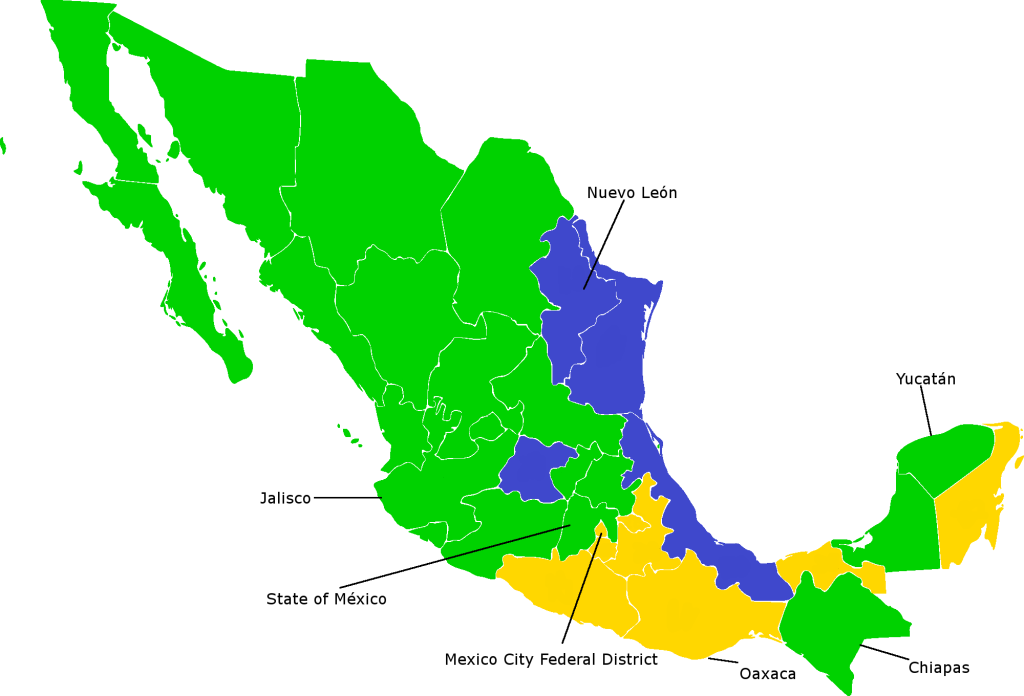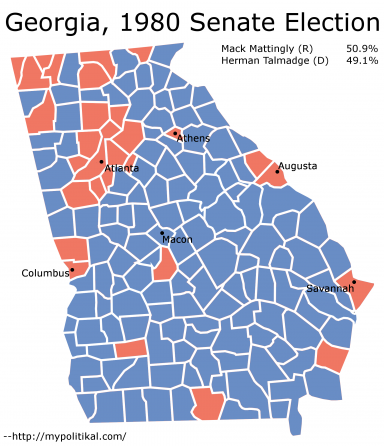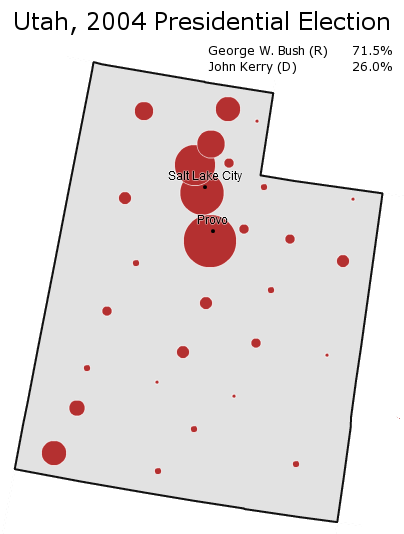By: inoljt, http://mypolitikal.com/
Before Barack Obama was president of the United States, he famously lost a congressional primary against Congressman Bobby Rush. In this race, as in many other races, there was a televised debate between the primary candidates (Obama, Rush, and another State Senator Donne Trotter). Very few people probably watched it.
Nevertheless, the debate is still on Youtube. It provides some interesting insight into the president during the beginning of his political career.
More below.



